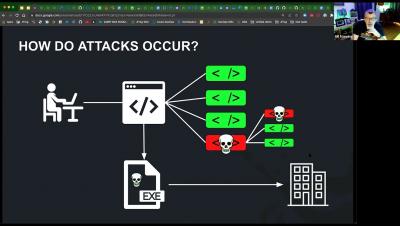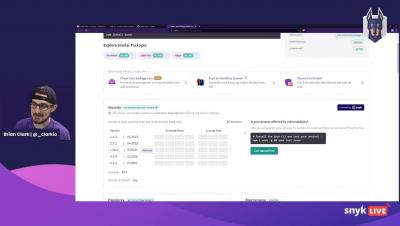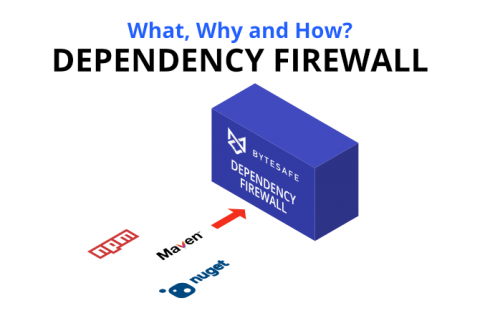Security | Threat Detection | Cyberattacks | DevSecOps | Compliance
Open Source
How to Find the Best Open Source Packages
What is a Dependency Firewall? What, Why and How?
In recent years more open source vulnerabilities have been discovered than ever before. This is all part of the natural evolution; it’s what we expect to see as the amount of open source usage grows within organizations. But there’s something that we missed in this equation: while identifying vulnerabilities, organizations haven’t found a way to block unwanted dependencies, which made them vulnerable to attacks like never before.
Mend Explainer
Pyrsia: Open Source Software that Helps Protect the Open Source Supply Chain
Stephen Chin is no stranger to having big ideas and implementing them to help the developer community. In the last twenty years he’s been involved in building open source IDEs, bootstrapping rich client libraries, maintaining JVM languages, and cultivating relationships with developers that do the same.
JFrog & Industry Leaders Join White House Summit on Open Source Software Security
There’s no question the volume, sophistication and severity of software supply chain attacks has increased in the last year. In recent months the JFrog Security Research team tracked nearly 20 different open source software supply chain attacks – two of which were zero day threats.
A Look Back at the Executive Order on Cybersecurity
It has officially been one year since the release of the Biden administration’s Executive Order on Cybersecurity, which outlines security requirements for software vendors selling software to the U.S. government. These requirements include security testing in the development process and a software bill of materials for the open-source libraries in use so that known vulnerabilities are disclosed and able to be tracked in the future, among other things.











